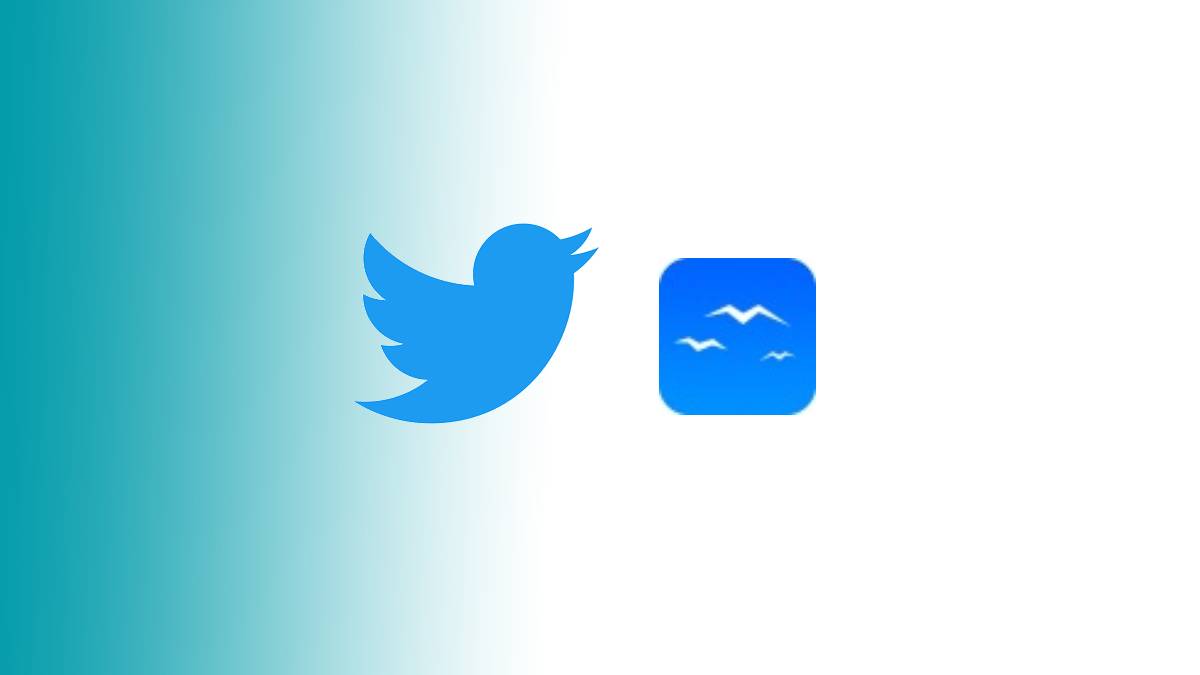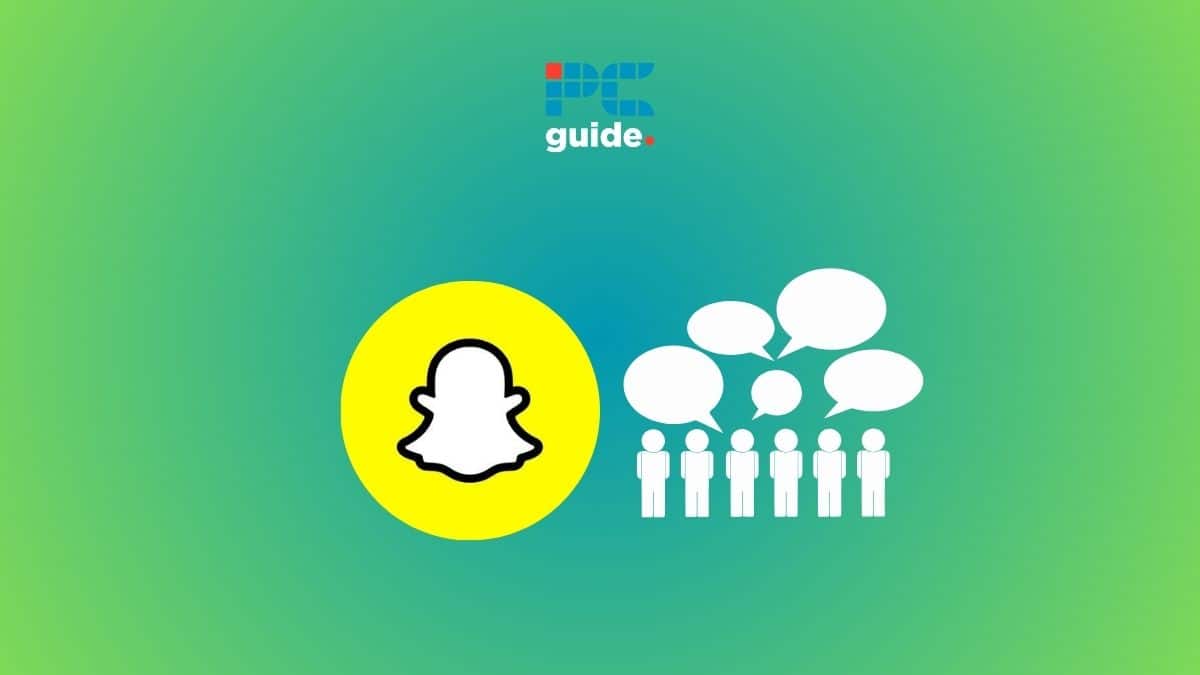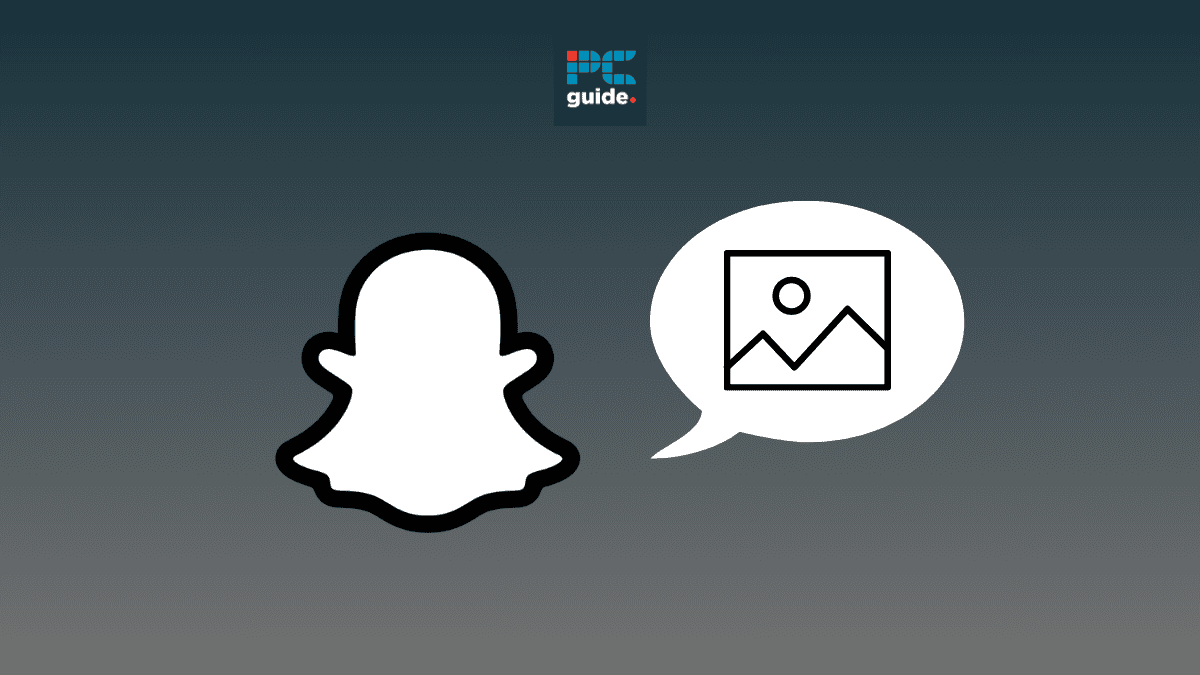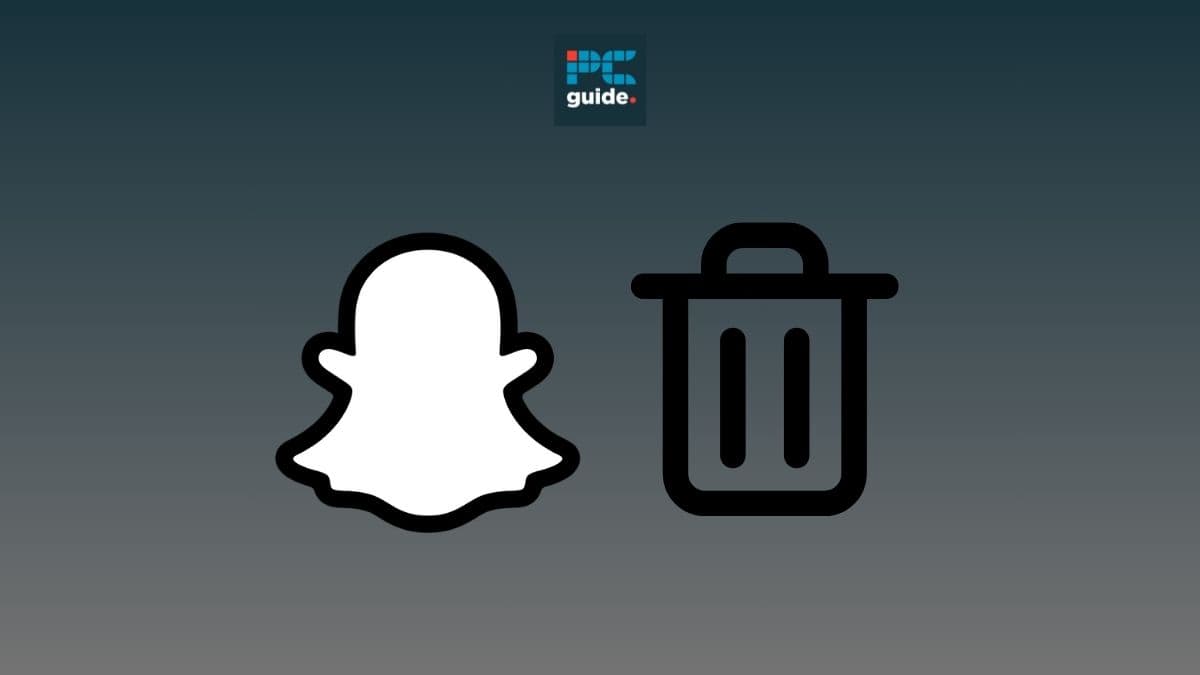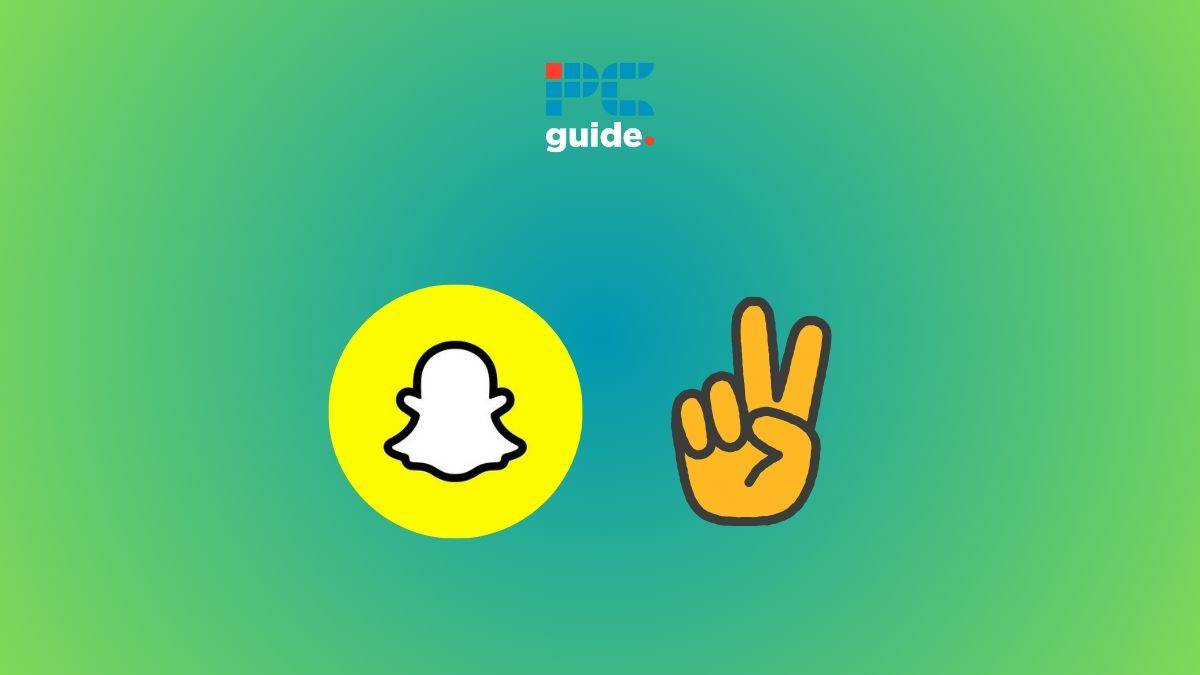In an age where our attention is a very valuable resource, most social media platforms actually give you relatively little choice in what you see on your feeds, and you are not able to customize your experiences when on these apps. This is where Bluesky comes in. If you’re looking for the lowdown on Bluesky vs Twitter, how similar they are and what’s different, then look no further.
Bluesky is a decentralized social media app conceptualized by the former CEO of Twitter. Essentially, Bluesky is aiming for a future where the user is more in control over what they see on social media, and could be seen as presenting the most compelling Twitter alternative yet.
Let’s look at Bluesky vs Twitter in a bit more detail.
Essential AI Tools

Content Guardian – AI Content Checker – One-click, Eight Checks
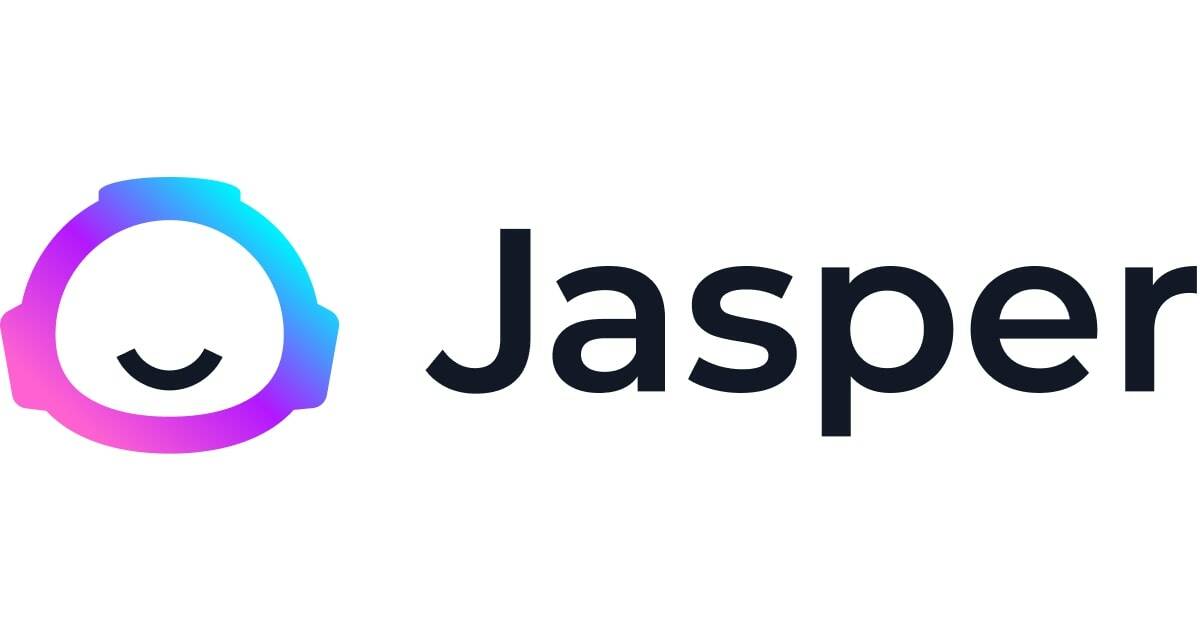
Jasper AI

WordAI

Copy.ai
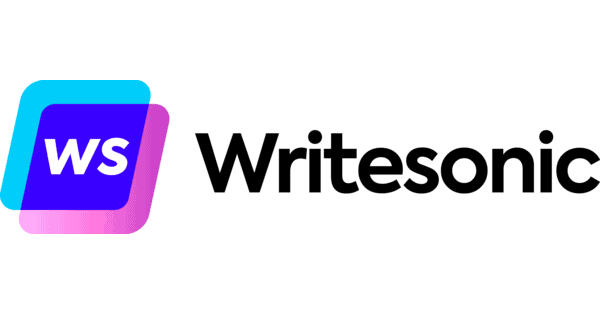
Writesonic
What is Bluesky?
Bluesky was announced back in 2019 as a side project of the previous CEO of Twitter Jack Dorsey alongside Jay Graber, Bluesky’s chief executive. However, it has only recently come to fruition as a fully realized product. It has created its own policy, the AT protocol, which is an open-source framework for building social media apps. By creating a standard formula for user identity, data, and follows apps, social media will be able to interoperate and users will be able to move across apps freely. They describe this feature as “account portability”.
The Bluesky blog gives what Bluesky is building an analogy of “an identity and transport system between cities, so you can move from one place to another without losing any of your friends”. One of its core goals is to make social media work in a similar way to the open system social networks like blogs and email that defined the early web. It is through this that Bluesky is “decentralizing” social media.
Bluesky vs Twitter – how are Twitter and Bluesky similar?
Here are some of the similarities between Twitter and Bluesky.
Bluesky ‘skyline’ vs Twitter ‘timeline’
Bluesky was developed parallel to Twitter, and therefore the interfaces in the two apps are very similar. Both have near-identical user profiles, with a profile picture, bio, and who you’re following on display for other users. In Bluesky, the timeline is called the ‘skyline’, and similar to ‘tweets’ users can create a post of 256 characters that can include photos. This can then be re-tweeted, replied to, and liked in a similar fashion to a Twitter that has been stripped bare.
iOS and Android availability
Both Twitter and Bluesky are currently free to download on iOS and Android, although the Bluesky app remains in its beta version and is currently invite only. In order to sign up, users need an invitation code from an existing user, or they can join the waitlist through the Bluesky website.
What makes these two social media platforms different?
It could be said that although they have a similar interface, the way that Twitter and Bluesky algorithms operate is fundamentally different.
Bluesky label system vs Twitter algorithm
Twitter uses an AI-powered, centralized algorithm to moderate user content, meaning that users don’t have much control over what comes up on their feeds. However, Bluesky has created a labeling system that enables users to curate their own algorithms and moderate their own feed, giving Bluesky users a lot more control over their social media experience. Users will be able to label content or accounts, and these labels can be subscribed to, or blocked if needs be. By using this labeling system, Bluesky is aiming to have more transparency as to how the internal functions of the app operate.
Bluesky is still very much in its early development stages, whereas Twitter has a solid user base that can be very committed to the use of its platform.
Final thoughts
The rivalry between Jack Dorsey and Elon Musk, and therefore Bluesky social and Twitter, could be seen as representing a lot more than just business competition. As AI continues to present new challenges and opportunities for social media, the future of how we connect online is up for contention. If you believe that the future of social media is co-created and open, perhaps Bluesky will be a future-proof social media yet to come to its peak. It seems to be a more secure Twitter alternative than other apps such as Mastodon, but with its current exclusivity, no one can really be sure if Bluesky will blow up and hit the mainstream, and Bluesky vs Twitter may still be a rife competition for some time to come.


